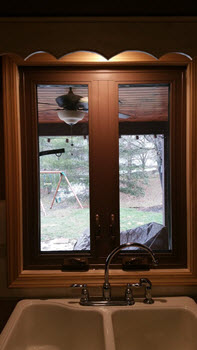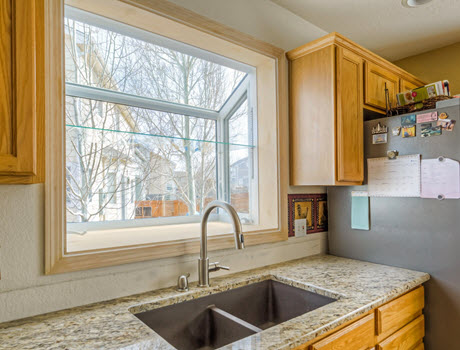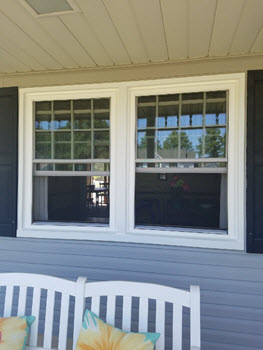
get a quote in 3 Easy Steps
![]() Send us Your Project Information
Send us Your Project Information
Call us directly and speak with the owner OR send your project details via our web form on this site.
![]() We will call you
We will call you
We will follow up with you via phone to ensure your information is correct. This allows us to draw up an accurate price.
![]() You get a price within 24 hours
You get a price within 24 hours
Within 24 hours, usually the same day, we'll send you, via email, an accurate and guaranteed price.
Deal Directly with the Owner from Start to Finish
One of our unique features is dealing directly with the owner instead of a sales person. Why? We're just not interested in pressuring our customers in with buy now and save sales pitches and other clever tactics.
We allow you, the customer, to have direct access to Dan, the owner. You'll speak directly with Dan throughout the entire process.
Dan is 100% invested in his business and ultimately in you. Your satisfaction is our #1 concern. When you're happy, we're happy because our business can grow and we can help more homeowners escape the mind numbing high pressure sales reps that are so common in the window industry.
No Sales Reps, N0 Awkward In-Home Meetings, and N0 Pressure!
Let's Get You a Price Today!
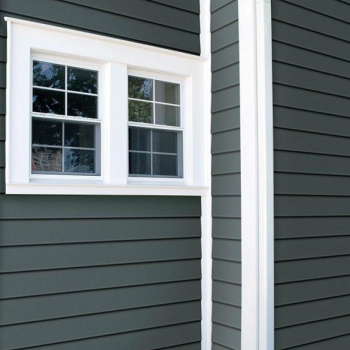

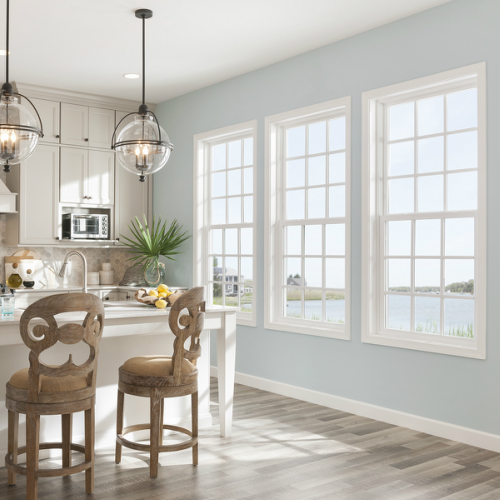
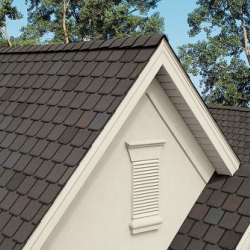
An Easy Experience for Your Peace of Mind
We're different. We like our customers to pay AFTER we perform the work. Your satisfaction is our #1 priority. You've heard stories of contractors running off with a down payment, never to return. Put those thoughts behind you. With EZ Window Solutions, you'll pay only after we have installed your windows.
We believe the consumer in today's world is capable of making informed buying decisions without a sales person breathing down their neck. We don't need to "sell" you. Get a simple same day price quote via email. It's that easy!
You get the best warranty available. A Lifetime transferable warranty on all our windows. We also have excellent warranties available on our screens. Please ask for more details.
We believe you should never feel uncomfortable or pressured when in the process of shopping for windows. This is why choose to quote your window project via email and phone. It's much easier for both parties and you gain peace of mind knowing that you don't have to deal with a sales rep in your living room, potentially pushing you to sign a contract on the spot.
No Expensive Showrooms, Gimmicks, or Misleading Sales Ads
Just High Quality Windows and Doors
at Affordable Prices
We don't have fancy window showrooms. We don't employ sales reps. Because of that, we keep our costs low and pass those savings on to you, the homeowner. We like things simple and affordable prices for quality replacement windows is just what our customers need. We're proud to offer the best vinyl windows on the market and the best installers in the business. Enter the world of easy window replacement and throw the miserable sales pitches out the window!
A Personal Message to our Customers
EZ Window Solutions is committed to earning your satisfaction and high approval. That's why we sell the best windows in the industry at affordable prices. Putting you at ease by simply providing accurate information and accurate pricing is how we deal with every customer. You'll never encounter any sales pressure. This is a big decision for the future of your home and your family. We're committed to delivering a quality product.


We're Local and Growing
What started out as a small company with just 1 employee has grown into a flourishing regional window and door business. Each of our locations serves their respective communities locally and personally. We care about the communities we serve and strive to help homeowners improve their homes though affordable pricing and great service. Our original location started in Cleveland, Ohio and we've since expanded into Akron, Canton, Strongsville, Youngstown, Columbus, and Toledo. We're also now offering franchise opportunities with a turnkey solutions for the next generation of contractors.

